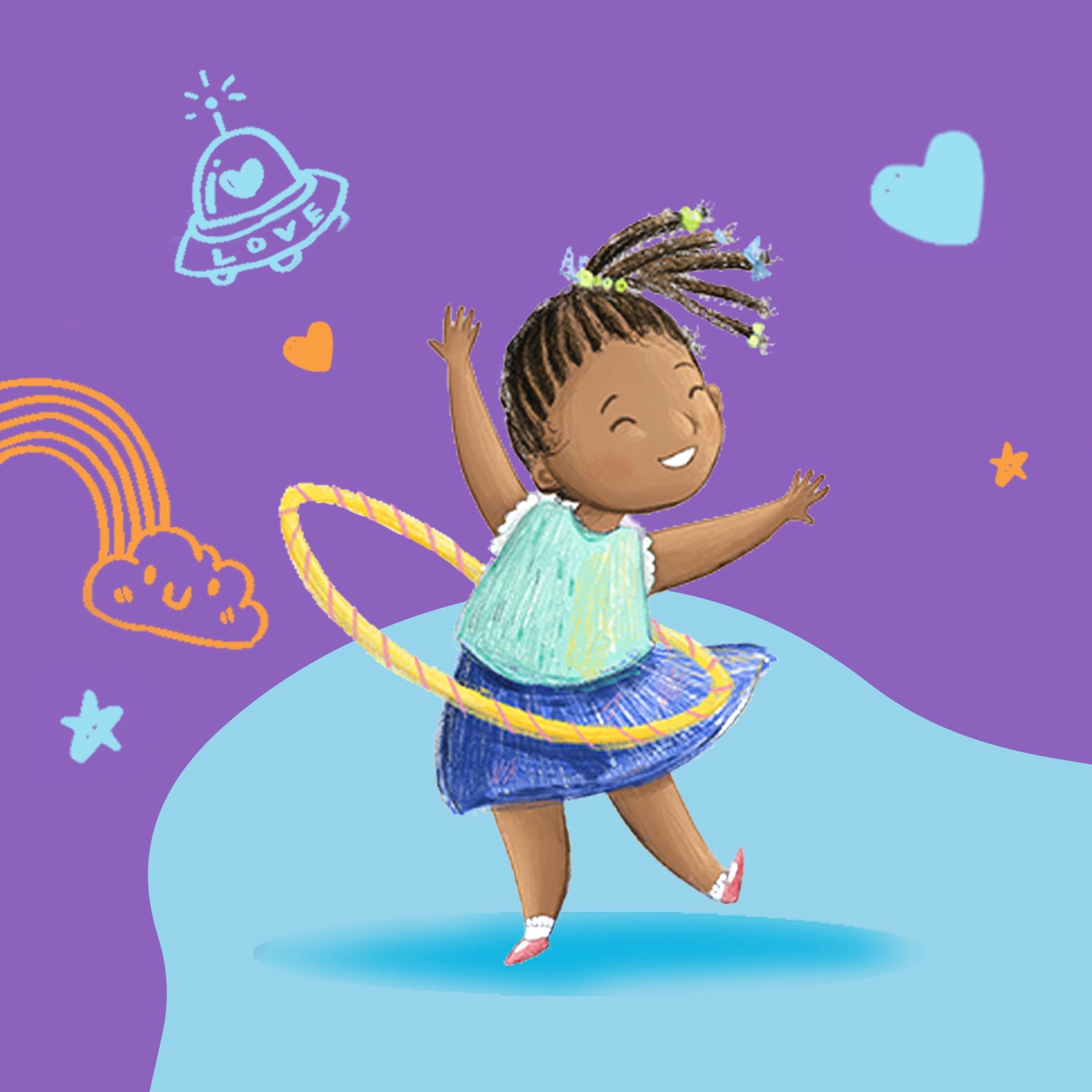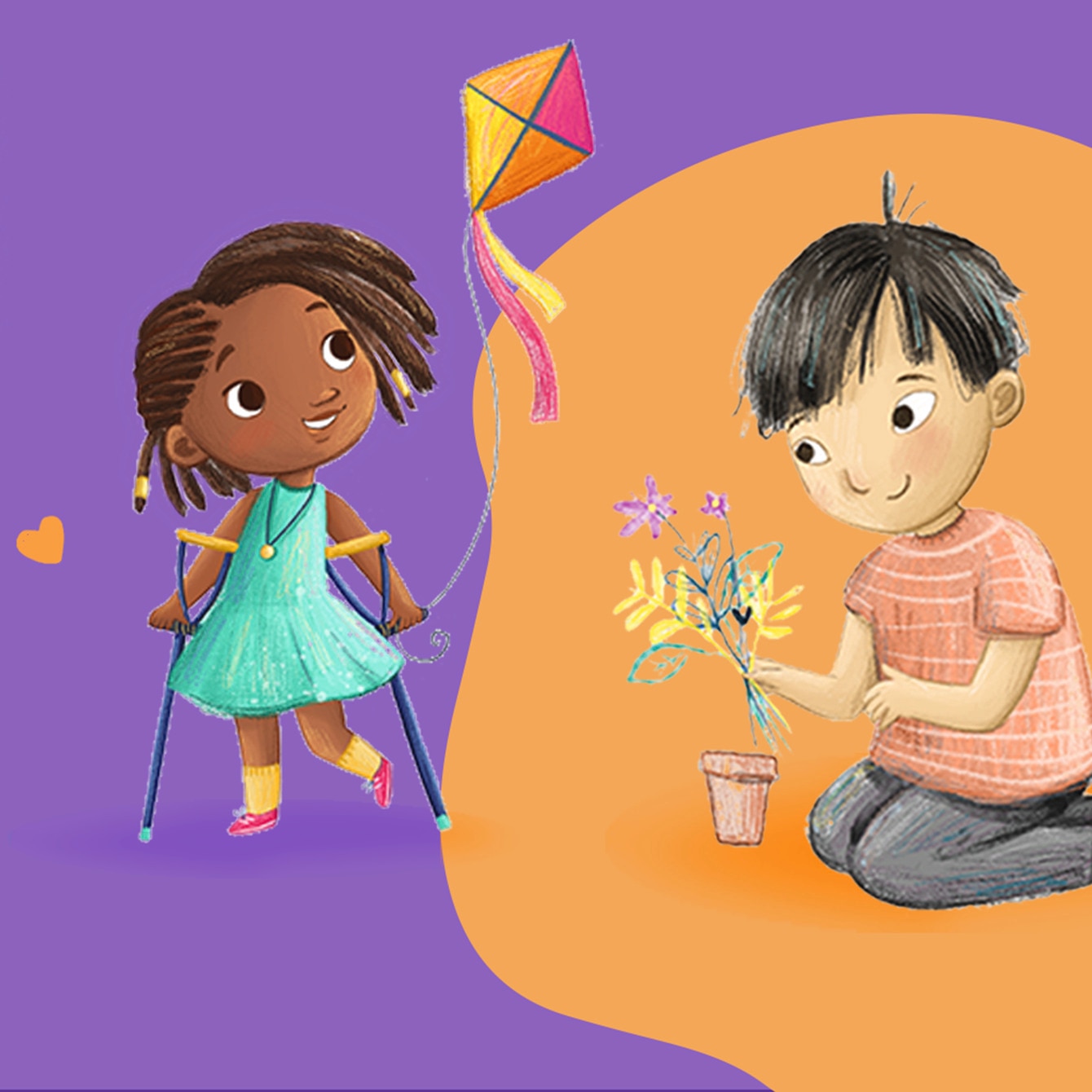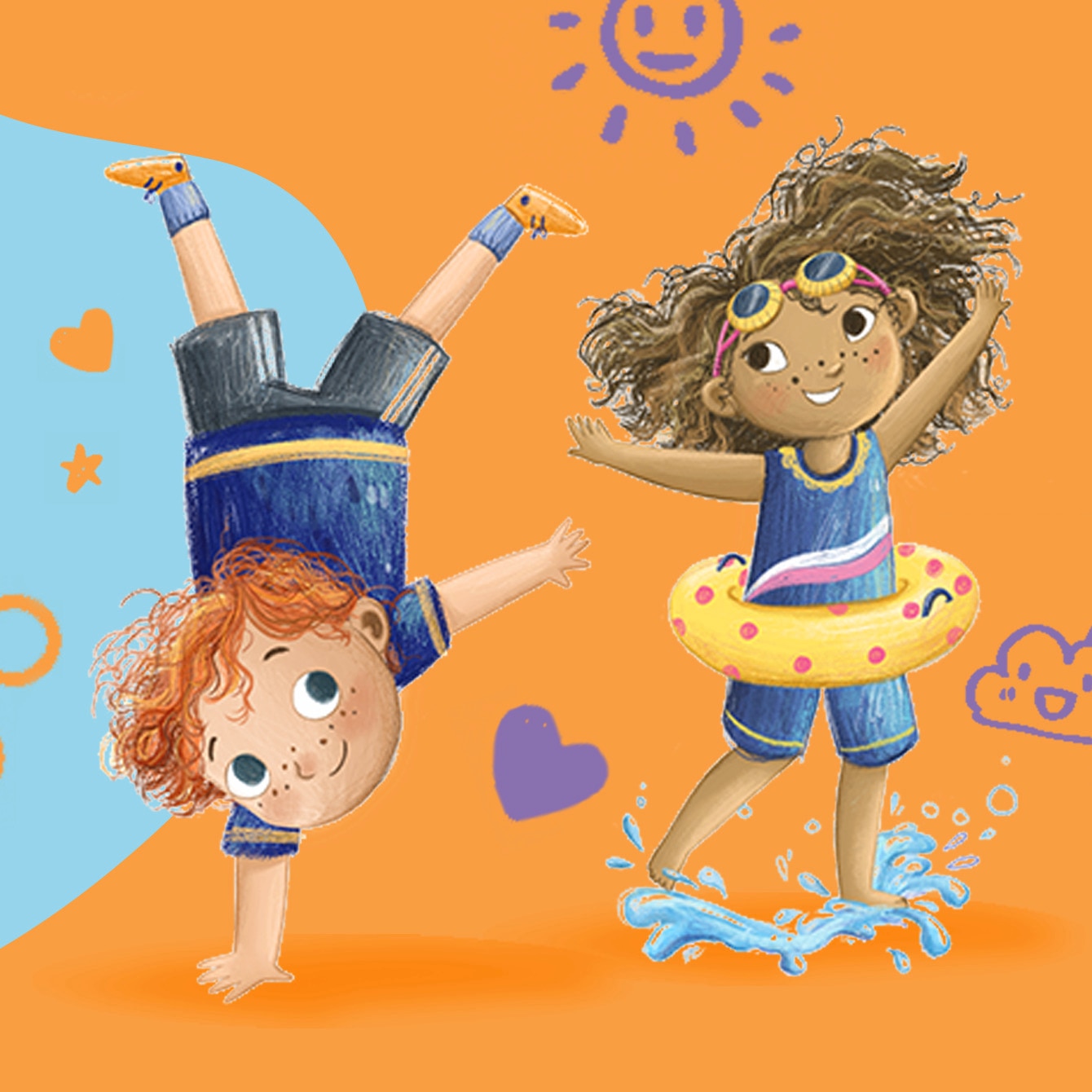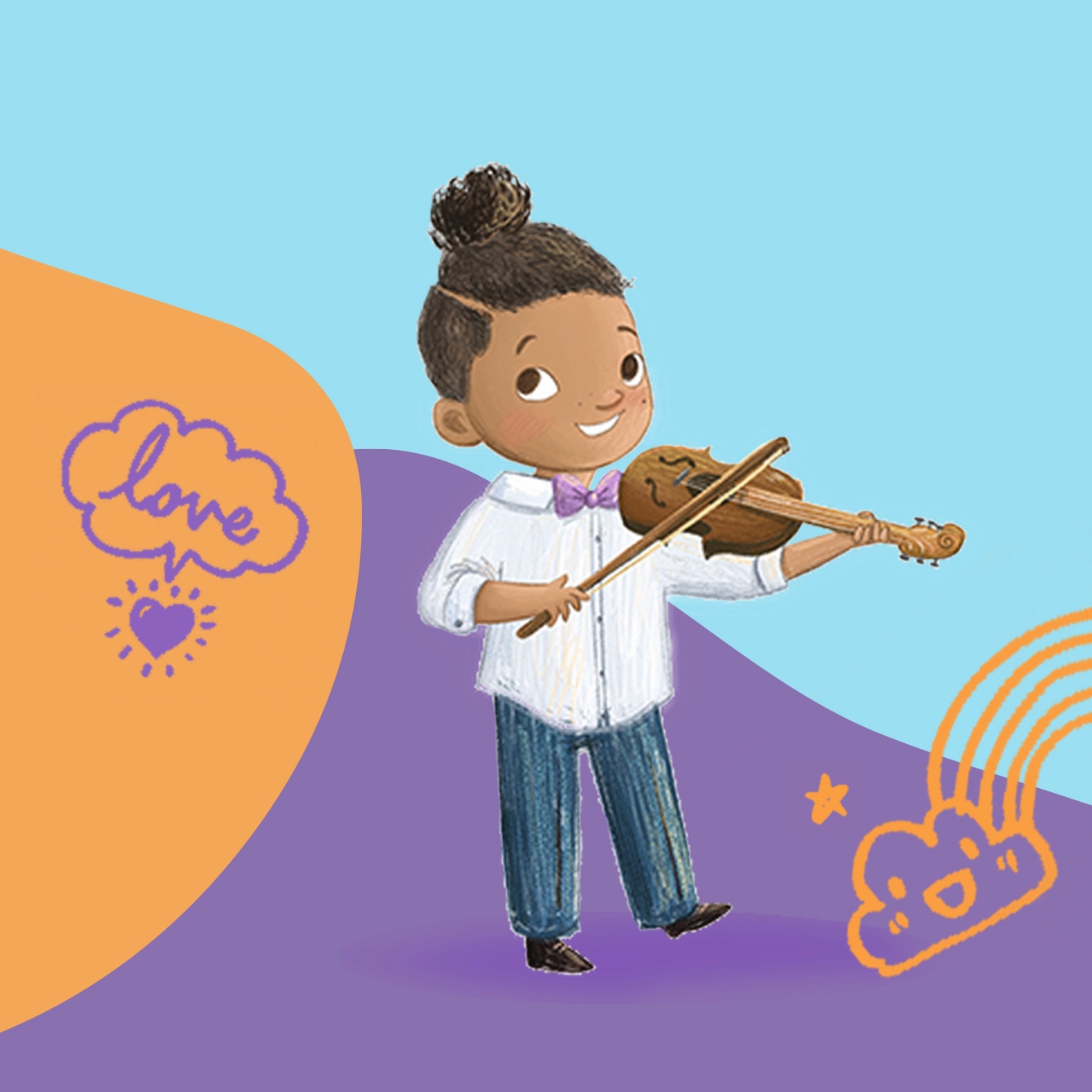The way we talk to kids about their bodies can have a real influence on their self-esteem and body confidence. So, let us introduce you to body functionality. It might sound like a daunting concept, but don’t worry, we’re here to explain. Body functionality focuses on talking about the way our bodies are designed and what they do for us, rather than what they look like. This can help kids develop positive feelings towards their body, improving their self-esteem and body image. And that’s not all. By talking about how our bodies make our lives so special and unique, they’ll learn to value these qualities in others, too.
Why is it so important?
Childhood is such a crucial time – it's when we develop a lot of our attitudes and behaviors towards our bodies. Research shows that:
- Between the ages 6-12, around half of kids experience dissatisfaction with their bodies1
- Kids as young as three already believe that ‘thin is good and fat is bad’2
- One study of 5-year-old girls3 revealed that over a third reported that they would diet to avoid gaining weight
Topics such as body shape, size, skin color, hair texture, and facial features often come up as kids become more aware of their bodies and what makes them unique.
How can I talk to kids about their bodies?
Our bodies are amazing – just think about all of the things they do for us everyday. Teaching kids in your life to relate to their body from the inside out is one of the best ways to talk to them about their bodies. Try talking about things like movement, senses, creativity and interests, and get them to focus on how it feels and what they can do, rather than what they look like. Teaching them about body positivity and body functionality can help them develop their self-worth beyond appearance and appreciate their body as something to be grateful for as they grow up.
Body image expert and mother of two, Dr Stephanie Damiano says “At the end of the day, my 5-year-old daughter and I often talk about our favorite thing we did with our body that day. Another option could be asking ‘what is one thing you’re happy your body helped you do today?’”
Physical movement might spring to mind when thinking about how to celebrate what your kid’s body can do – but there’s so much more to it and we need to make sure we make them aware of all abilities. Here are just some of the things you can encourage them to appreciate:
- How their senses allow them to taste delicious food, read their new book, and to listen to their favorite music
- How their bodily functions allow them to create new memories, sleep to restore energy, digest their food to create energy, and breathe
- You can also focus on their special skills, like creativity and communication: how their hands allow them to draw, their vocal chords to sing and laugh with their friends, their arms to hug and their brains to make up stories
- You can model this by modelling body acceptance and talking to your child about what your body lets you do
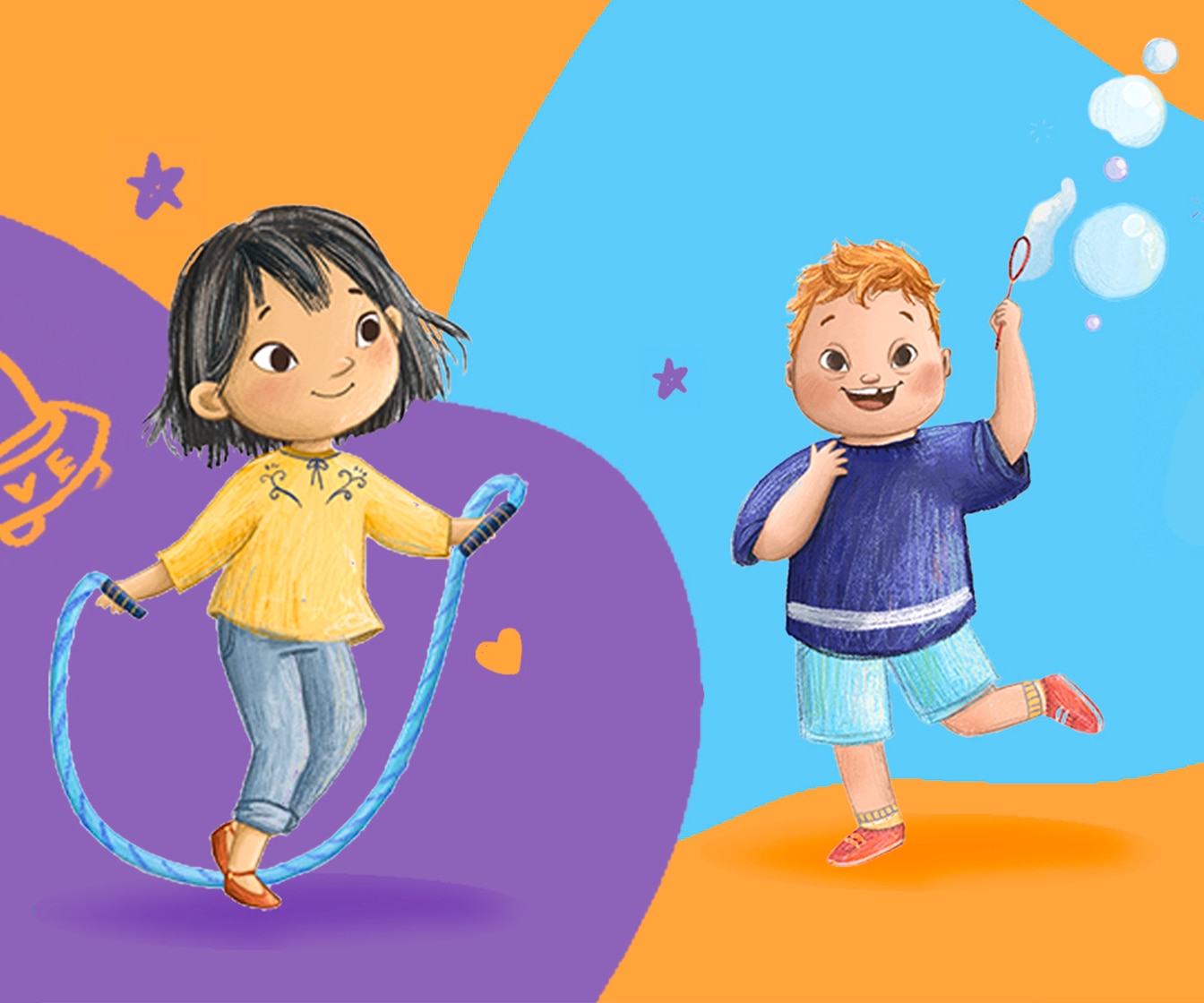
Finding a balance
It’s not surprising that complimenting the young people in our lives on how beautiful they look comes naturally to most parents, carers and guardians. Many people think that compliments based on appearance will boost self-esteem in children and help them develop positive body image. For children, this can actually have a negative effect, reinforcing unrealistic standards of beauty and sending the message that their looks are their most valuable quality.
This is a message they will already be surrounded by in the media, in books, and from their friendship groups. So, try to balance your compliments and focus on other qualities and talents.
If you catch yourself complimenting how ‘pretty’ they look in a special outfit, you can try to add-on another compliment. For example: “You look so pretty in that dress. I love the way you have chosen matching shoes”. Complimenting kids on effort, rather than achievement or appearance has been proven to benefit their self-esteem and motivation.4,5
- A systematic review of body dissatisfaction and sociocultural messages related to the body among preschool children
- Weight attitudes in 3- to 5-year-old children: Age differences and cross-sectional predictors
- Dietary restraint of 5‐year‐old girls: Associations with internalization of the thin ideal and maternal, media, and peer influences
- When Parents’ Praise Inflates, Children's Self‐Esteem Deflates
- Parent Praise to 1‐ to 3‐Year‐Olds Predicts Children's Motivational Frameworks 5 Years Later
- The effectiveness of brief animated films as a scalable micro-intervention to improve children’s body image: A randomised controlled trial

